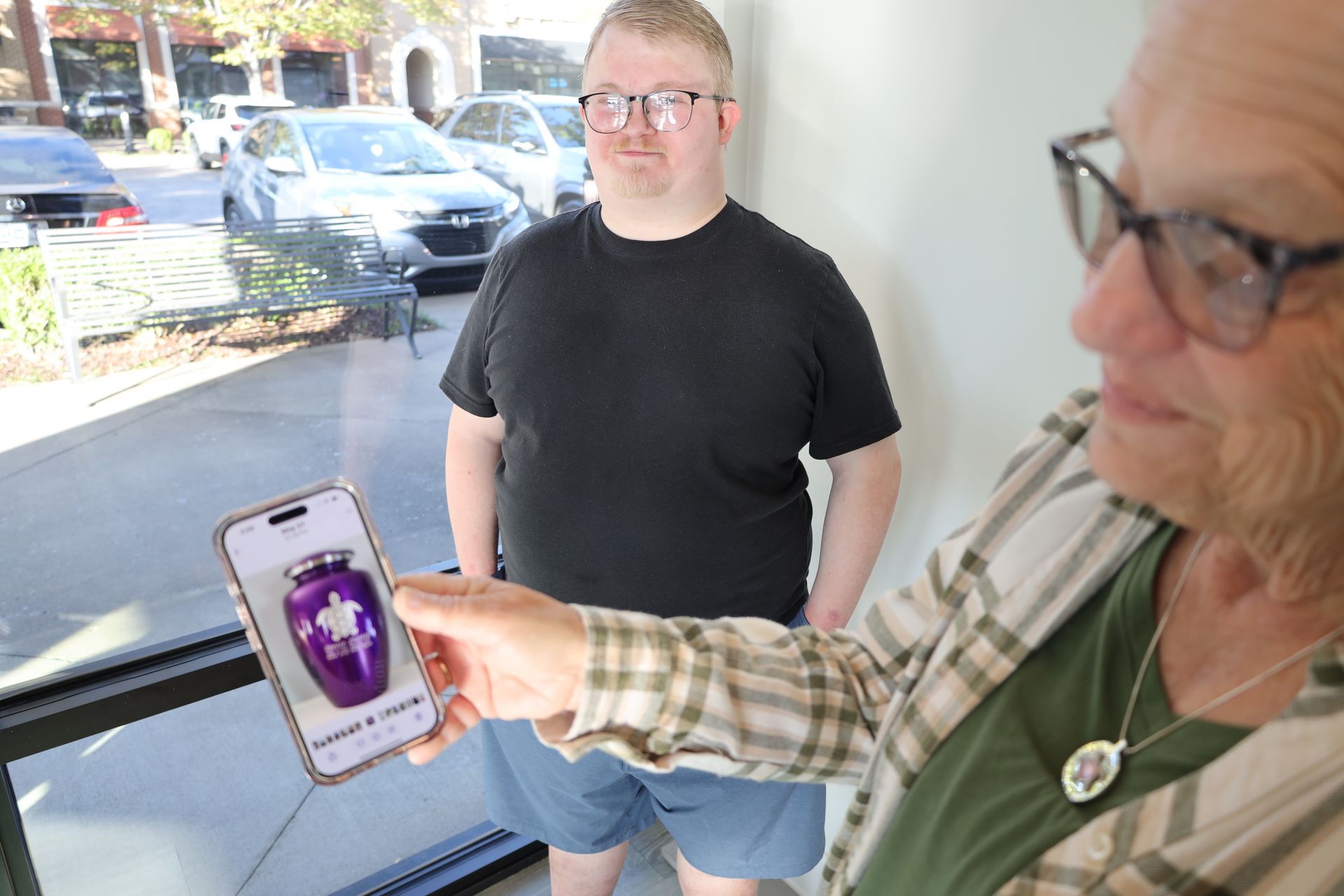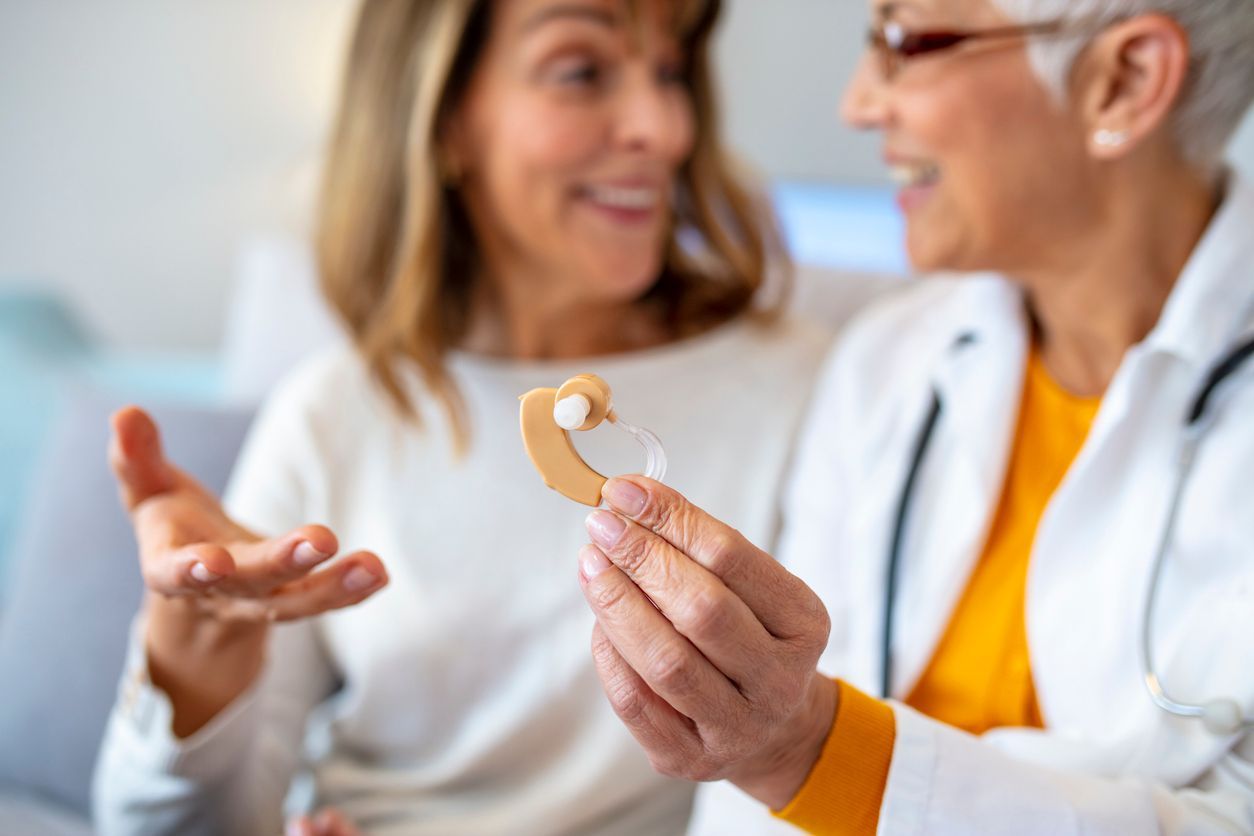10 Ways to Stop Your Hearing Loss from Getting Worse

You’re not alone if you’re having issues with hearing loss. The Centers for Disease Control (CDC) has identified hearing loss as the third most common chronic health problem in the country.
For me, hearing loss is much more than a matter of statistics. As a child, seeing my father’s struggles with hearing loss inspired me to become an audiologist. I wanted to help people with hearing loss have full lives with their family and friends. That’s why sharing strategies to stop hearing loss from getting worse is a critical part of our work at Johnson Audiology.
Try to Avoid Noisy Places
If possible, it’s best to stay away from loud environments. Since most of us aren’t walking around with sound level meters, we need another way to tell when the noise level is not safe for our ears. One sign the surroundings are too noisy is you have to raise your voice to be heard by someone who is within three feet.
Stay Away From Loud Noises
It only takes one exposure to loud noise for your hearing to get worse. For example, being too close to firecrackers or sirens once could damage your hearing. A more common danger is regular or prolonged exposure to moderate noise. These sounds come from everyday items like power tools, gas-powered lawnmowers, factory machinery, and even poorly-designed children’s toys.
Using headphones and earbuds at a high volume also can damage your hearing. We recommend keeping the volume level below 60 percent (just past halfway).
Use Hearing Protection
It’s important to wear hearing protection when you have to be around loud noises. Using either earplugs or snug-fitting protective earmuffs is helpful. Wearing protective earmuffs and earplugs together provides greater protection. Earplugs and protective earmuffs are widely available online or over-the-counter from hardware stores and home improvement stores. When hearing protection is necessary at work, federal regulations require your employer to provide it as personal protective equipment.
Know the Signs of Hearing Loss
It’s possible to have hearing loss and be unaware of it. You should schedule a hearing assessment in Chattanooga if:
- You have difficulty hearing over the phone
- People sound muffled in person
- You hear ringing or hissing in one or both ears
- You have trouble hearing high-pitch sounds like birds or the doorbell
- You’re always asking people to repeat themselves, speak louder, or more slowly
Take Care of Your Overall Health
Making healthy choices is good for hearing health and your overall health. A healthy diet is associated with a lower risk of hearing loss. Getting enough sleep, lowering stress, and staying physically active is good for your ears and the rest of your body. In contrast, smoking increases your risk of many health problems, including hearing loss.
Look Into Your Family History
Learning your family history can reveal health problems that can have an impact on your hearing. Of course, you want to find out if there’s a history of hearing issues. It’s also a good idea to learn if any chronic health problems like diabetes run in your family. People with certain chronic illnesses, such as high blood pressure , have higher rates of hearing loss than the general population. When you’re aware of your risk for chronic health problems, you can work with your primary care physician to lower your risk.
Get Regular Hearing Exams
Annual hearing tests are essential for anyone who has hearing loss. Each year your audiologist will compare the result of that year’s exam to your previous tests. Regular examinations allow your hearing specialist to catch problems early.
Listen to Your Loved Ones
Your friends and family may realize you’re having more trouble with your hearing before you do. Your loved ones may say you’re always asking them to speak more clearly or slowly. They may have noticed that you tend to switch ears on the telephone. Your family may complain you’re turning the volume too loud on the television. When your loved ones suggest you see a hearing specialist, it’s time to make an appointment.
Take Steps to Prevent Head Injuries
An appropriate helmet is necessary when you’re playing contact sports like football or rugby. Your employer should provide a hard hat if your job puts you at higher risk for a head injury; if they don’t, we encourage you to invest in one.
Make the Most of Your Hearing
If your hearing loss has had an impact on your lifestyle, hearing aids may be helpful. We can adjust them to meet your specific needs. However, they’re only effective when you use them. If you’re concerned about how they look, there’s no need to worry. Due to the wide variety of styles available, many hearing aids are barely visible.
If you’re struggling with hearing loss, scheduling your hearing assessment is a great way to start protecting your hearing. Contact us today at Johnson Audiology to make an appointment.
Recent Posts



